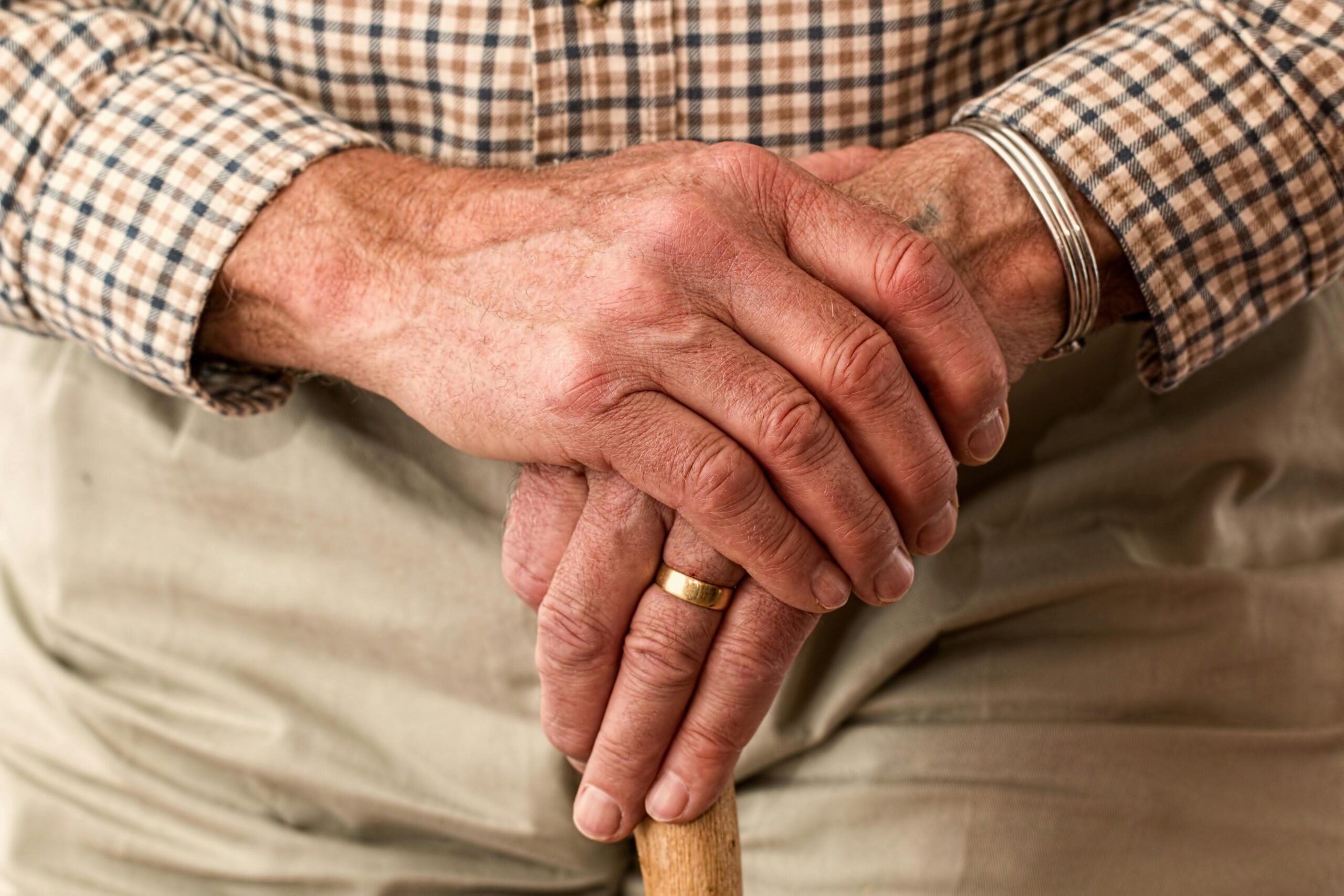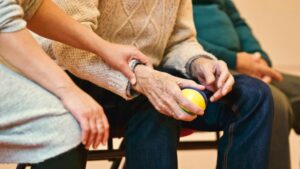Recognising when an elderly loved one needs home care can be challenging but is essential for their well-being and safety. Identifying the signs early can help prevent serious problems like neglect, isolation, or accidents. Here are some indicators that might suggest it’s time for elderly home care.
Trouble with Preparing Meals
One of the first signs that an elderly individual may need home care is difficulty in preparing meals. You might notice that your loved one often opts for unhealthy convenience foods or skips meals entirely because cooking has become too strenuous. Weight fluctuations can also be a red flag indicating nutritional issues stemming from inadequate meal preparation.
Neglecting Household Chores
Another warning sign is a noticeable decline in the cleanliness and organisation of the home. Dust, clutter, or piled-up laundry could indicate that chores have become too demanding for the elderly person. Neglect in household chores can, over time, result in an unsafe living environment, posing a risk for falls or exacerbating respiratory conditions like asthma.
Struggles with Mobility and Balance
Mobility issues are among the most apparent signs that additional support might be needed. If your loved one has difficulty walking, frequently stumbles, or needs assistance getting in and out of chairs or bed, it’s time to consider home care. Falls and balance problems not only reduce the quality of life but also pose severe health risks.
Withdrawal from Social Activities
Social isolation can be particularly damaging to an elderly person’s emotional and mental well-being. If you notice that your loved one is withdrawing from family gatherings or social activities they once enjoyed, this could indicate loneliness or depression. It may also reflect an underlying issue with mobility or confidence in managing daily tasks.
Unexplained Bruises or Injuries
Bruises or minor injuries can be dismissed as accidents, but frequent unexplained marks should not be ignored. These could be signs of falls or bumps due to an unsteady gait or cluttered living spaces. Chronic injuries can also indicate neglect or abuse, necessitating immediate intervention and enhanced care.
Recognising these signs early informs you when to seek elderly home care. Professional caregivers can assist with meal preparation, household chores, mobility, and social activities, ensuring a safer and more fulfilling life for your loved one. If any of these signs resonate with you, it may be time to explore home care options tailored to your loved one’s needs.


